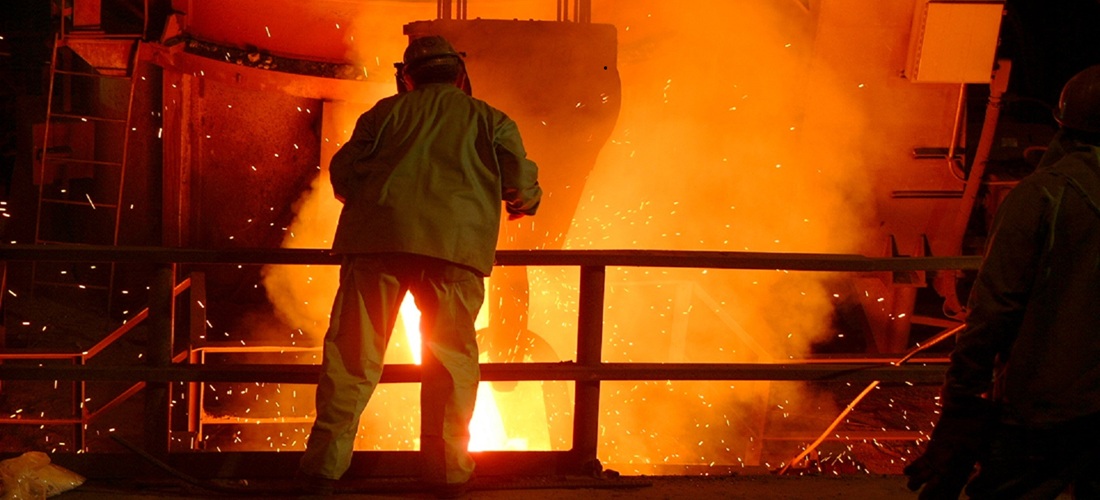
Brazil’s Steel Production Rises 5.6% in 2024, but Exports Fall
Dec, 17, 2024 Posted by Denise VileraWeek 202448
From January to November 2024, Brazil’s crude steel production reached 31.1 million tons (Mt), a 5.6% increase compared to the same period in 2023. According to data from the Instituto Aço Brasil, released on Monday, 16, growth was also observed in other areas of the sector: imports increased by 24.4%, apparent consumption rose by 9.6%, and domestic sales grew by 8.7%.
With continuous growth expected through December, total steel production in the country is projected to reach 33.7 million tons in 2024. However, exports have faced a significant decline, totaling 8.8 million tons so far, a decrease of 18.5% compared to the previous year.
Three key sectors contributed to the positive performance: the automotive sector saw a 12.1% increase in steel consumption, while the machinery and equipment industries and the construction sector experienced growths of 1% and 4.1%, respectively.
Below is a historical overview of Brazilian containerized steel exports registered between January 2021 and 2024. The data comes from DataLiner, a product of Datamar’s market intelligence.
Steel Exports | Jan 2021 – Oct | TEUs
Source: DataLiner (click here to request a demo)
Challenges with China and the Energy Transition
The executive president of Instituto Aço Brasil, Marco Polo de Mello, emphasized concerns regarding China, which, according to him, engages in “predatory activity” by dominating steel exports. Mello also mentioned historical data on steel consumption, noting that Brazil’s consumption increased from 100.6 kg per capita in 1980 to 110.8 kg per capita in 2023, a variation of 10.1%. In comparison, China saw an impressive increase of 1,863% during the same period.
Regarding the energy transition, a topic discussed at the UN Climate Change Conference (COP29), Mello stated that the steel and iron industry is responsible for only 4% of greenhouse gas emissions in Brazil, a figure that rises to 7% globally. He criticized the lack of proportional accountability for other sectors, such as agriculture, responsible for 32% of emissions, and the energy sector, with 24%.
Mello also emphasized that the steel industry will only accept feasible decarbonization targets. To this end, he mentioned the need for an investment of R$180 billion to facilitate the transition to clean energy and the use of hydrogen as a substitute in the decarbonization process, which would require a more open stance from Petrobras.
Source: Xodó News
-
Meat
Jun, 19, 2024
0
Brazilian pork exports in June 2024 exceed 50% of total shipped same month last year
-
Grains
Jul, 19, 2024
0
Cold temperatures to subside in Argentina’s agricultural heartland
-
Other Cargo
Dec, 16, 2024
0
Pistachio Imports Soar in Brazil, Shaping Culinary Trends in 2024
-
Oil and Gas
Jan, 18, 2022
0
Petrobras set pre-salt production record of 1.9 million barrels per day

